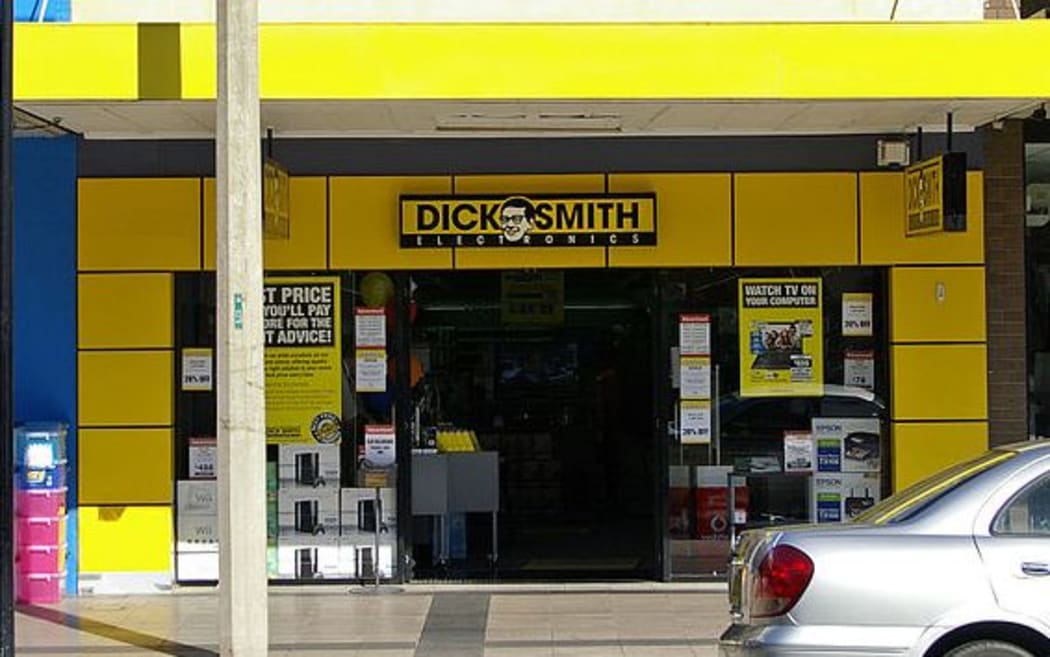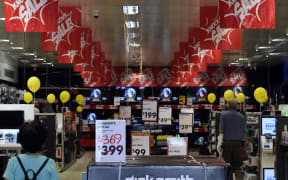More than 30 parties have shown interest in buying the troubled Dick Smith electronics chain, its receivers say.

Photo: WikiCommons
In a note to staff issued on Friday, receivers Ferrier Hodgson said they expected to start advertising for offers this week with potential buyers having until 27 January to lodge their interest.
A shortlist will then be prepared and those bidders will be given access to the company's books so they can make a formal offer.
The receivers said they had already had an "encouraging" response with more than 30 unsolicited expressions of interest.
The company, which operates 393 stores in Australia and New Zealand, was put into receivership a week ago when its banks refused to keep it afloat after sales last month were weaker than forecast.
The stores are trading as normal while the receivers try to sell the business as a going concern.
The New Zealand operation, with 62 shops, is said to be profitable and an attractive proposition.
However, the company's last report showed New Zealand sales falling nearly 7 percent, margins under pressure, and an annual profit down nearly two-thirds on the year before, at a little over $1.0m.
Private equity company Anchorage Capital bought Dick Smith from Woolworths in 2011 for $A115 million, stripped out costs and gave it a financial facelift before selling it through a share float in 2013 for $A520 million.
The makeover it underwent before it listed on the Australian stock exchange appeared to have weakened it.
In a report last year, analyst Matt Ryan of Forager Funds Management said Anchorage wrote down the value of stock and then sold it, and not restock, which produced a substantial boost to cash flow and, along with other cost savings, made the company look financially attractive.
Having been left with little stock after the Anchorage ownership, the company had to restock the shelves, which it financed by borrowing.
By all accounts it carried too much of the wrong sort of products, such as accessories for outdated or unpopular gadgets, while moving increasingly to Dick Smith house branding of many products such as televisions, monitors, earphones, and batteries.
It also started work on expansion plans, with ambitions to add another 25 stores in the coming year.
In October and November the company's board admitted to weak sales, tight margins, tough competition, and too much stock.
It downgraded its profit forecast and wrote down the value of stock, which forced it to engage in what has been called a suicidal bid for survival - fire sales at bargain basement prices ahead of Christmas.
The gamble clearly failed, with December sales below expectations, and when Dick Smith's banks refused to give it any more credit, the board had nowhere else to go.
A retail analyst at Forsyth Barr brokerage, Chelsea Leadbetter, said in a report on the sector in mid-December that there were too many consumer electronics retailers in New Zealand.
Those unlucky enough to hold Dick Smith gift vouchers or who have goods on layby will find themselves at the end of a long list of unsecured creditors.




